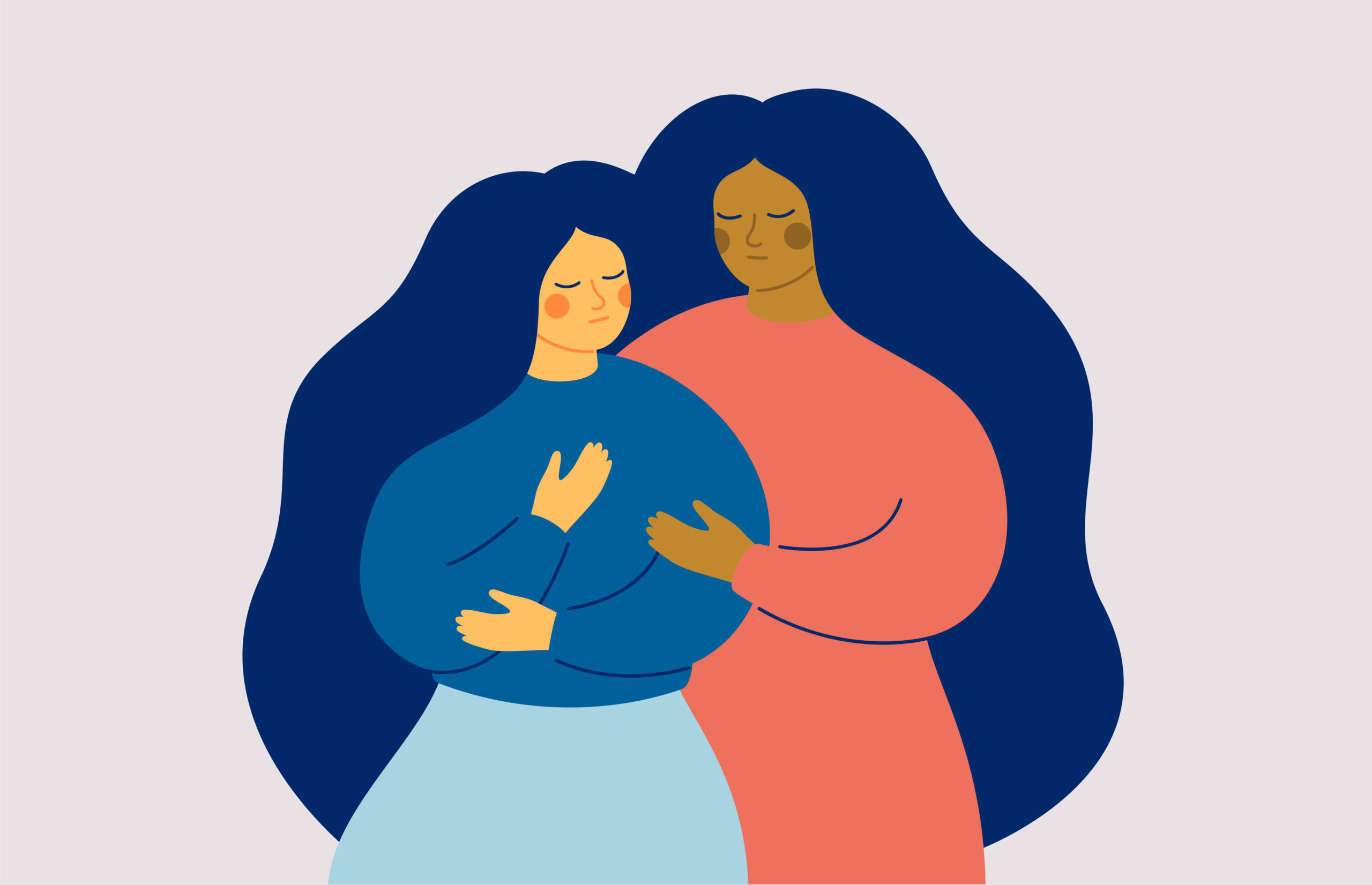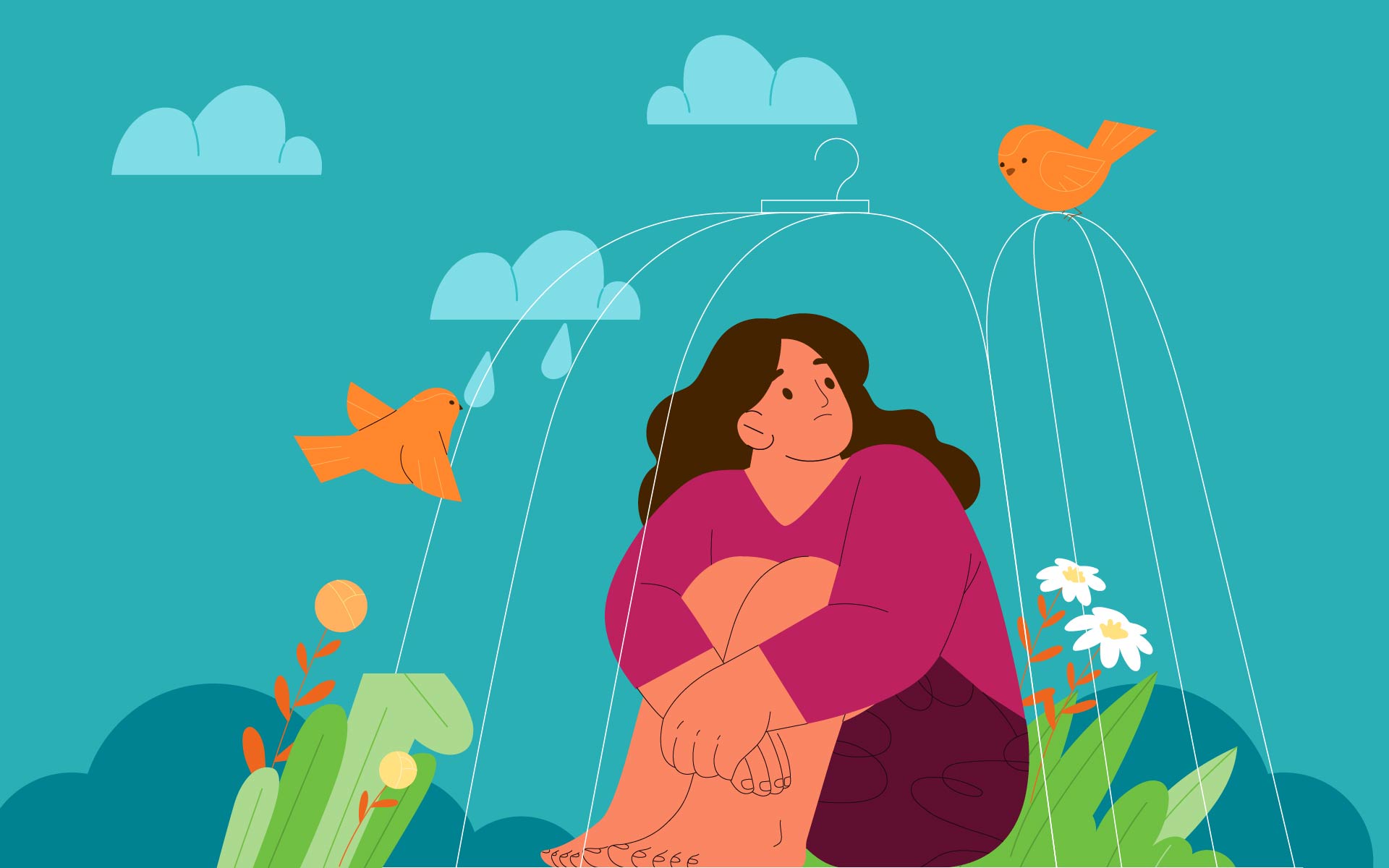Sixteen years ago we said hello to our only child, a beautiful boy we named Thomas. Twenty hours later we said goodbye.
There are lots of other things about me: I knit, I write, I live with an anxiety disorder, I’m still not sure what the offside rule in hockey is all about, and I have an alarmingly large collection of stuffed Snoopys for someone who is about to turn 51. But in so many ways, “bereaved mom” defines me because it’s the lens through which I view my world.
I’m living and Thomas is not. There’s no other way for me to exist now except in the shadow of that still-surreal reality. I will always be in two places: both here in this world and there, in that other world of enormous grief and overwhelming love.
When I sat down to write Thomas’ obituary, my husband Sandy requested that I include a line asking people to do something kind in Thomas’ honor.
That was the spark that lit the fire that has become March 9 Random Act of Kindness Day for Thomas. Each year on his birthday, we encourage family, friends, and strangers to reach out and make the world around them a little sweeter by actively looking for ways to be extra kind in his memory.
Sandy once said that all these acts of kindness help write Thomas’ story, since he’s not here to write it himself. I’ve always loved that idea because it means that by encouraging participation on March 9 we can still parent our invisible child—and he can still change the world.
And the story that people all around the world are helping us to write is a beautiful one.
Acts of Kindness Around the World
In 2015, the year Thomas would have turned 10, we were able to get more than 10,000 people from all around the world to sign up to do a random act of kindness via our Facebook page event. These were friends and family, yes, but also thousands of strangers who were moved to action because they too believe in the power of being kind.
There is a woman in the Netherlands who, every March 9 since then, has bought flowers that she and her children pass out to strangers they meet on the street. They look forward to it every year. I often think about the way my son, now gone for so long, is impacting the lives of her living children. They’re learning the joy of bringing unexpected kindness into someone’s life and the importance of doing something selfless. Since they’re now probably old enough to know the real reason behind their special day, they’re also learning that the love you have for someone who is no longer here still has the power to move mountains.
People have bought cups of coffee for strangers, donated books to libraries, delivered treats to first responders, donated to charities, and helped friends and neighbors in countless ways. In one remarkable case, a man donated $20K to a struggling student so he could finish his film degree.
The Power of Being Kind
Based on my own experience, I know kindness can be transformative. It certainly is for the recipient—who hasn’t had a simple act of love change the course of their day? But kindness also has a way of changing the person who is reaching out. Sandy and I aren’t better people because of what we do for Thomas on his birthday and throughout the year, but we do somehow now seem able to see needs that were once largely invisible to us. And when we do what we can to reach out, even if it’s only something small and simple, that moment of satisfaction and peace is truly soul-restoring.
For me, I suspect it’s also partly relief that I’m finally able to mother someone, because there will always be that part of me that longs to finish what I started 16 years ago. That love still needs somewhere to go, after all. But research has shown that doing good really does make you feel good.
A 2019 study by Lee Rowland and Oliver Scott Curry, for example, examined the effects of doing acts of kindness for both strangers and friends to determine if the positive feeling changed based on whether or not the person doing the kind deed knew the recipient. As it turns out, it makes no difference—all acts of kindness have equally positive effects on happiness, and the more of them you do, the happier you feel.
That’s the ripple effect of kindness. When you do it, you want to do it more often. When it’s done for you, you want to pass it on. When you see it, you want to join in.
As a wonderful added bonus, they also discovered that simply seeing kindness in action makes you feel good too. And, I believe, makes you want to join in.
That’s the ripple effect of kindness. When you do it, you want to do it more often. When it’s done for you, you want to pass it on. When you see it, you want to join in. I don’t think it’s an exaggeration to say that every act of kindness is likely to beget another, which means the love that inspires every good deed is passed on and on into eternity.
The beauty in that is profound, and we see it every March 9.
Grief is Love With No Place To Go
There is a poem used in the Reform Jewish liturgy as an optional reading before Kaddish that reads, in part, “When I die give what’s left of me away to children and old men that wait to die. And if you need to cry, cry for your brother walking the street beside you. And when you need me, put your arms around anyone and give them what you need to give me.”
To me that sums up my relationship with Thomas. Since all that’s left of him is love, all I can do for him is to give it away.
I will spend the rest of my life wondering what Thomas’ life would have been like, and who he would have been. Would he be tall and funny like his dad? Would he be able to sing like his Grandpa Fitzgerald? Would he be strong and determined like his Bubby Zita? Would he be sensitive, awkward and a little shy like me?
I don’t know. And the agony of that still takes my breath away.
But I do know that reading about the thoughtful acts of kindness people do on his birthday each year fills me with the kind of love and pride I hear “normal” mothers talk about all the time, and I’m more grateful for that gift than anyone knows.
This year, in light of the ongoing pandemic, we’re encouraging people to get creative and figure out ways to do random acts of kindness from the safety of their homes. Despite this change, I have no doubt that just as much goodness will flood into the world as it always does on March 9.
Because of good people, good intentions, and my sweet boy.
Random Acts of Kindness You Can Do at Home
- Give compliments to friends online. Make the comments public so that everyone can see, and be inspired to do the same.
- Recommend a favourite book. If you’re able, have a copy sent to a friend you think would enjoy it, or lend them your own copy.
- Give a small business some love. If you can’t spend any money, like and share their posts, recommend them to friends, or leave a good review. If you can, buy a gift card to use later to help them stay afloat now.
- Only say kind words to yourself, all day long (maybe it’s a habit that will stick!).
- Leave a thank-you note for your postal worker in your mailbox.
- Paint rocks with positive messages and leave them where others can see them, or chalk positive messages on your sidewalk and driveway.
- Leave a little something on your porch for delivery drivers who come to your home (a bottle of water, a pre-packaged snack, or even little bottles of hand sanitizer to help keep them safe).
- Reach out to someone who is struggling right now. Sometimes they don’t have the energy to ask for help, so check in and let them know you care and you’re listening.
- Have flowers sent to a nursing home with the instructions to give them to someone in need of some love and cheer.
- Thank the people in your life who have supported you over the years.
- Send a thank-you note to your child’s teacher, and if you have a chance, let the principal know what an incredible job teachers are doing under incredibly difficult circumstances.
- Thank any essential, frontline workers you come into contact with—and don’t forget that includes delivery people, grocery store (and other stores) clerks, truck drivers, janitors and maintenance workers, healthcare workers, and first responders.
READ MORE
The Power of One Act of Kindness
New research shows the ripple effect one act of kindness can have on an entire community.
Read More
Grief is Love with No Place to Go
Parkland parent Fred Guttenberg’s book Find the Helpers implores us to find hope and purpose in the face of loss.
Read More
How Do You Offer Yourself Kindness?
Genuine compassion for others begins with caring for ourselves. Here’s how Mindful readers are cultivating self-kindness.
Read More











